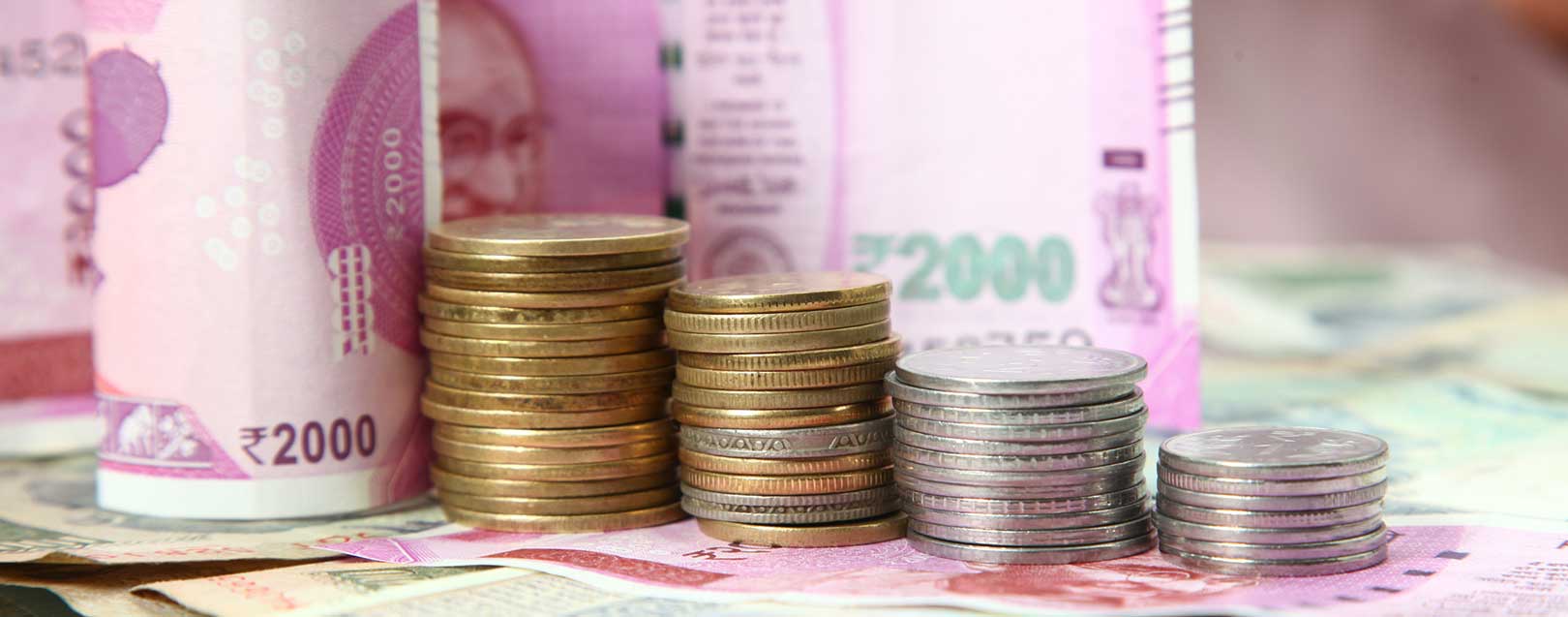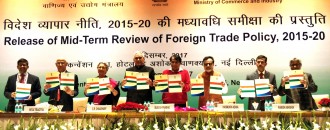
Rupee appreciation dents exporters’ profitability: CRISIL
The Dollar Business Bureau
The strengthening of rupee against the dollar in past few months might have squeezed the margins of profit of exporters during the first quarter of this fiscal, global credit rating agency CRISIL said.
“The sharp appreciation in the rupee against the dollar in recent months is likely to have dented the first-quarter (current fiscal) profitability of exporters that source locally and have limited pricing power,” CRISIL said.
Since January, the rupee has increased by more than 5% against the dollar. It closes at around 64.54 on Tuesday. A weak currency benefits the exporters, however, it makes imports, foreign education and travel more costly.
An analysis by CRISIL of the top ten export-oriented industries shows textiles, leather, seafood, meat and basmati rice are highly vulnerable to a strengthened rupee.
Foreign currency exchange loss for such exporters were expected to be around 200 to 300 basis points (bps) of the net sales in given quarter, after taking into consideration the rupee appreciation of 4%, said the agency.
The impact would be lesser for agrochemical and pharmaceutical sectors, at around 150 bps given that their imports offered a partial hedge, it said.
There is a minimal impact on the gems and jewellery sector as exports majorly offset the imports, it added.
For the IT sector, the impact would be the least, given the widespread hedging practice in the sector. However, the extent of hedging with regards to the time period will decide the effect on individual firms.
Anuj Sethi, Senior Director at CRISIL, said, “A majority of exporters have weathered the forex storm so far. Any significant rise in the rupee will impact credit profiles of exporters in the vulnerable sectors.”
Exporters who are below the ratings of ‘BBB-’ (i.e. moderate safety) are highly vulnerable to the risks on demand as well as supply side.
Demand-side challenges include the sluggish demand or pricing pressure in key markets such as the EU and the US, which the leather, IT and pharmaceutical sectors have been facing.
On the supply-side, the issues like ban on cow slaughter have dented the margins of meat and leather industries.



-Vertical.jpg)


 to success.
to success.